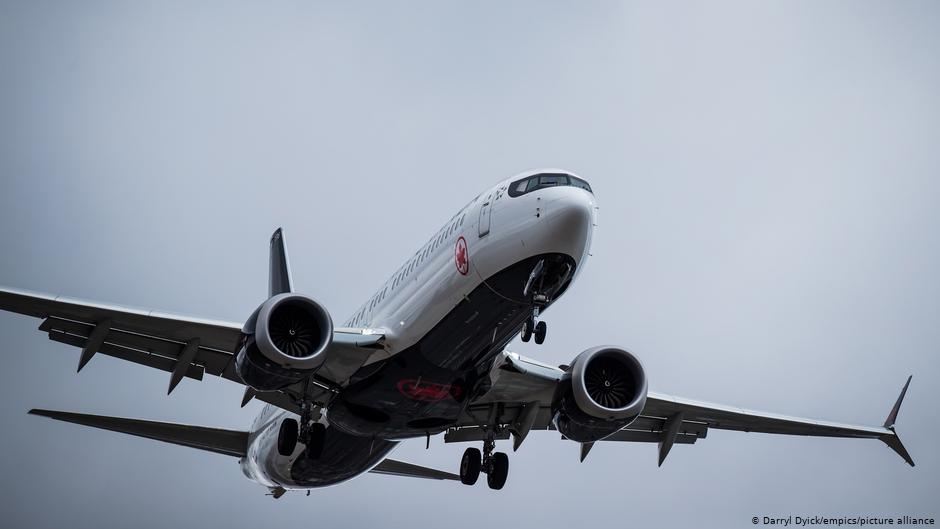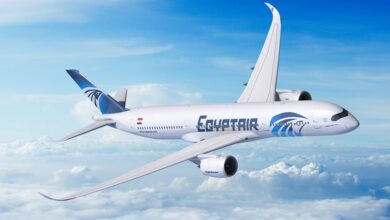
Boeing has been ordered to pay $2.5 billion (€2.04 billion) in fines to settle charges that the company defrauded regulators over its 737 MAX model, the US Justice Department said on Thursday.
The Boeing 737 MAX 8 model was involved in two major crashes that killed more than 340 people in total: Lion Air Flight 610 in Indonesia in October 2018 and Ethiopian Airlines Flight 302 in March 2019.
The settlement includes a criminal monetary penalty of $243.6 million, compensation to Boeing 737 MAX airline customers totaling $1.77 billion, and the establishment of a crash-victim beneficiaries fund of $500 million to relatives and legal beneficiaries of those killed on the crashed flights.
“Boeing’s employees chose the path of profit over candor by concealing material information from the FAA,” said acting assistant attorney general for the Justice Department’s criminal division David Burns. He added that the two crashes “exposed fraudulent and deceptive conduct” by one of the largest airplane manufacturers in the world.
Boeing CEO David Calhoun said in a statement that settling the charge “is the right thing for us to do — a step that appropriately acknowledges how we fell short of our values and expectations.”
Faults in plane software
Boeing admitted in court filings that two of its technical pilot experts deceived the FAA about the Maneuvering Characteristics Augmentation System (MCAS) on the 737 MAX. This system can dramatically change the angle of attack of an airplane’s takeoff and was not mentioned in airplane manuals.
On both Lion Air Flight 610 and Ethiopian Airlines Flight 302 the MCAS system on the MAX 8 model forced the airplane’s nose down due to a faulty reading from a single sensor during takeoff. The pilots were unable to regain control before impact.
Grounding lifted
All Boeing 737 MAX models were grounded soon after the Ethiopian Airlines crash. During the grounding, Boeing changed the MCAS so that it requires two sensors to allow the system less powerful and easier for pilots to override.
The grounding forced the resignation of chief executive Dennis Muilenburg and Boeing’s largest financial hit in its 104-year history. The FAA approved Boeing’s changes in November 2020. The plane returned to US skies in December.




